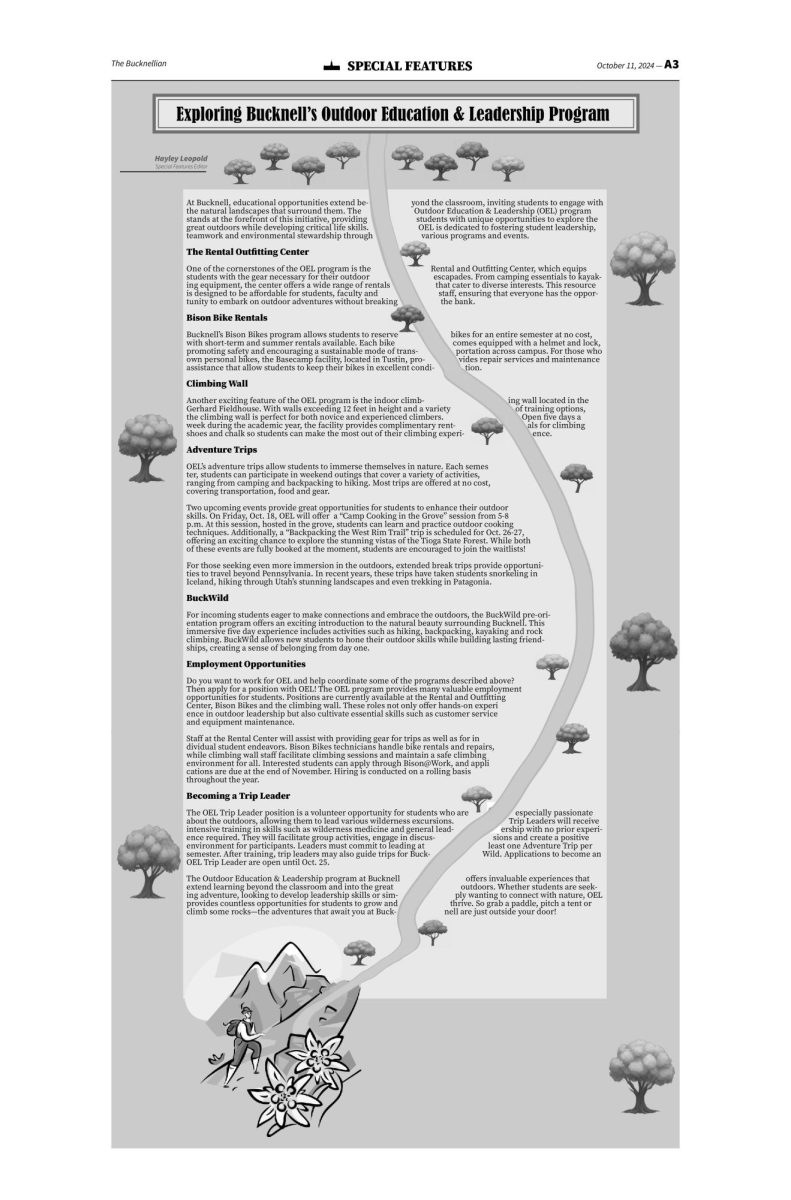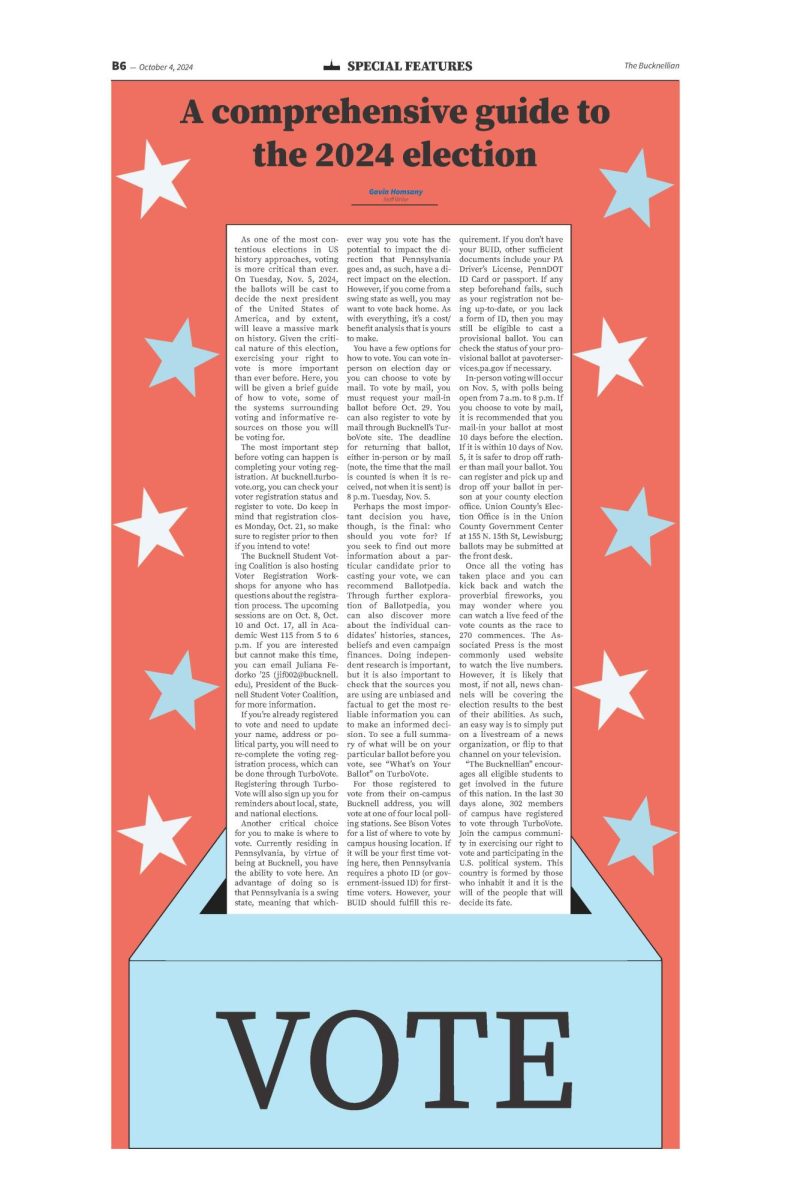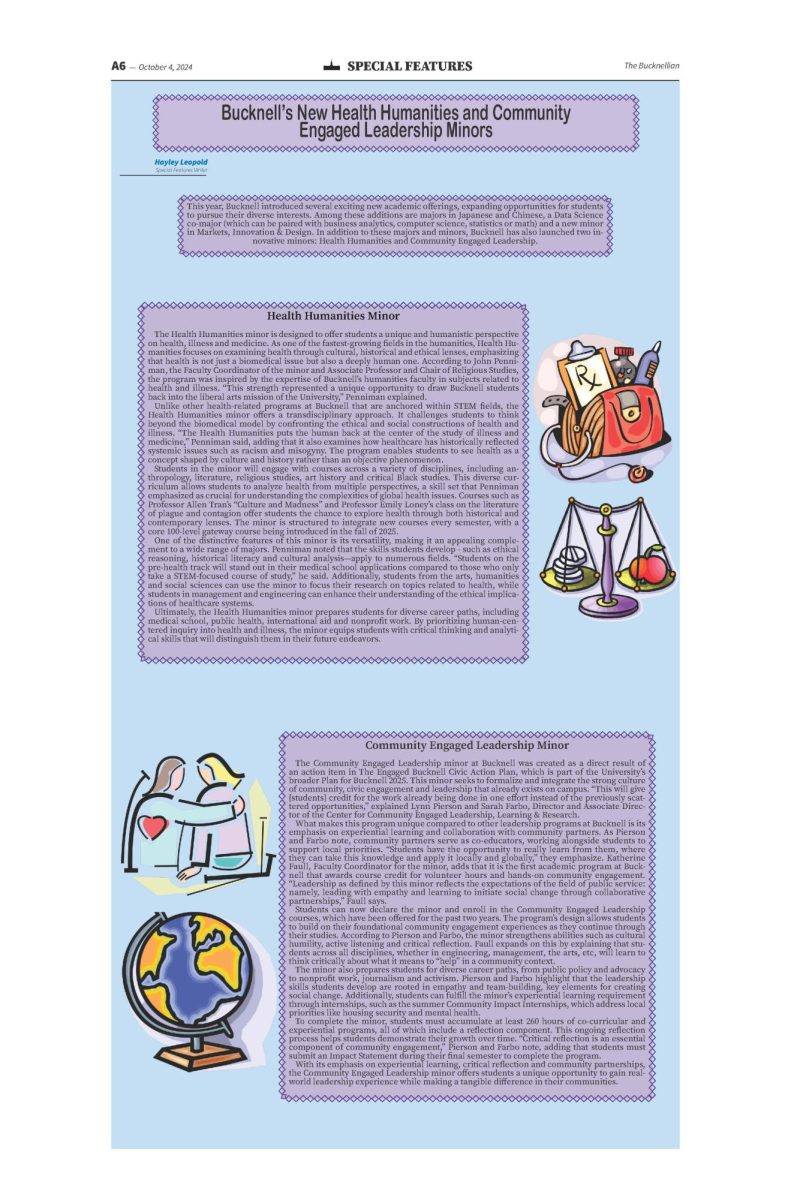The Great Resignation
October 27, 2021
Since the COVID-19 pandemic began last year, much has been revealed about the instability pervading the United States’ infrastructure. Most recently, the country is grappling with the newest revelation of its failings– a labor force that has had enough of poor working conditions and employers that refuse to consider their needs.
America is currently experiencing one of the most profound labor shortages in history due to massive waves of people exiting the workforce. While resignations in the United States did see a decline during the pandemic’s earliest months, the rate soon returned to pre-pandemic levels, and eventually skyrocketed in 2021. This April alone saw a record four million Americans quitting their jobs, with a similar trend continuing to the present day. Some of the job sectors most affected by this wave of resignation include retail and hospitality, manufacturing and even healthcare.
With the labor market continuing to shrink due to the “Great Resignation,” workers that remain have been afforded greater leverage to voice their long-standing concerns. This newfound power has led to Striketober, a wave of strikes populated by over a hundred thousand workers across the country. The demands have shifted during the pandemic, as conditions have arguably worsened for millions. Workers deemed “essential” remained relegated to unacceptable wages and benefits, but after a year of a deadly pandemic, the incentives offered are simply no longer enough for many, and neither is the appeal of returning to pre-pandemic conditions.
Some of the more notable labor movements during Striketober include the John Deere strike, in which around 10,000 workers and members of the United Auto Workers could not come to an agreement with the company for improvements to wages, conditions and tiered employee structures. About 1,400 Kellogg’s workers went on strike when the company did not compromise with the BCTGM union on certain benefits.
Many of these strikes serve as a reminder of the immense value unions hold in centralizing worker demands and protecting them when they are not met. Even during labor shortages where their power is greatest, unions can provide strike members with even more leverage to have their needs accommodated for.
There is nothing more powerful than a collective unified group behind a pursuit, and there is no element more critical to a country’s economy than the labor force. That is why it is imperative the voices of these workers be heard, and many of their demands be met. Essential workers do not need to be relegated to poor work environments simply because their occupation has a greater demand and their position might be replaced by another.
Biden, as the self-proclaimed most “pro-union” president in American history, has provided a mixed response to the wave of labor strikes gripping the country. Little was said other than “they have a right to strike”, which is, while supportive, a far weaker response than is demanded from the Commander-in-Chief. Striking is a right afforded to the American worker. But the labor movement requires much more than a tepid response and relative inaction from a president who has in the past ventured personally to picket lines and stood with frustrated workers.
The anger with working conditions in the United States did not begin with the pandemic. However, our new economic reality has led many to reach a breaking point with poor wages, benefits and an inability to adapt to the desires of the workforce. Many of these workers wish to be treated less as exploitable commodities and more as thinking, feeling humans. There is an almost understandable component of Biden’s hesitancy to fully support these labor movements. Although, in his desire to further improve the country’s economy, one still suffering during the pandemic, prolonged labor shortages and strikes will not assist in his aims.
But both the president and American employers must recognize that the current labor movement is an overdue necessity. How can we possibly be satisfied by our economy if the labor force continues to suffer from a lack of due rewards? How can workers be expected to function as needed when their wages and benefits are meager, all while the executives of corporations accumulate record incomes? This is a situation that can not be mended by merely recognizing “the right to strike”; change needs to happen, and it is better late than never.


























